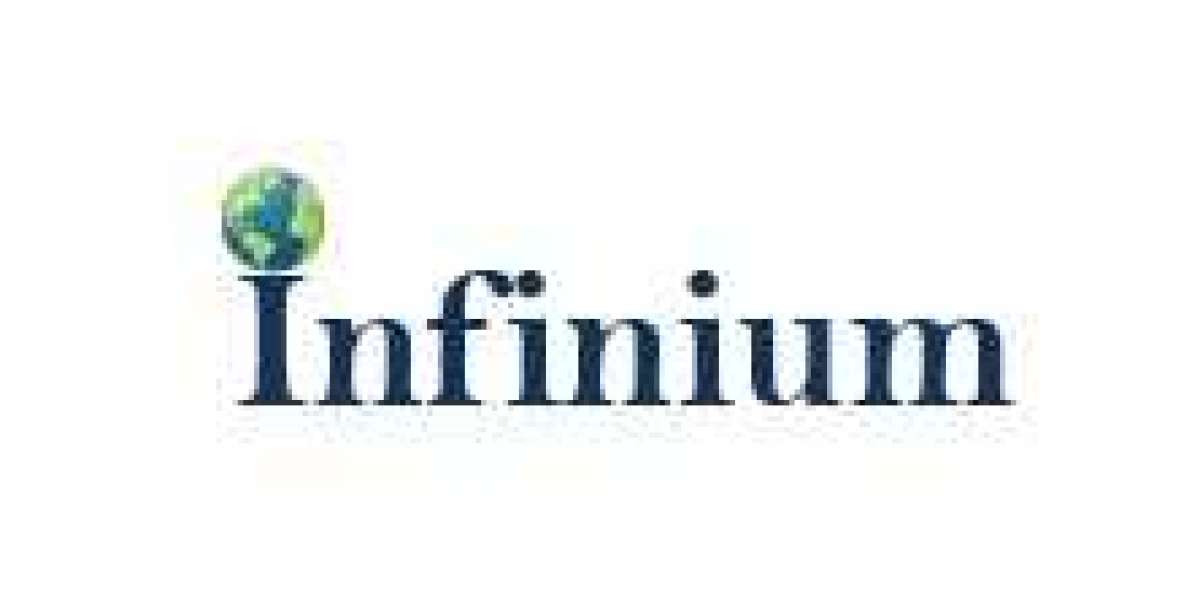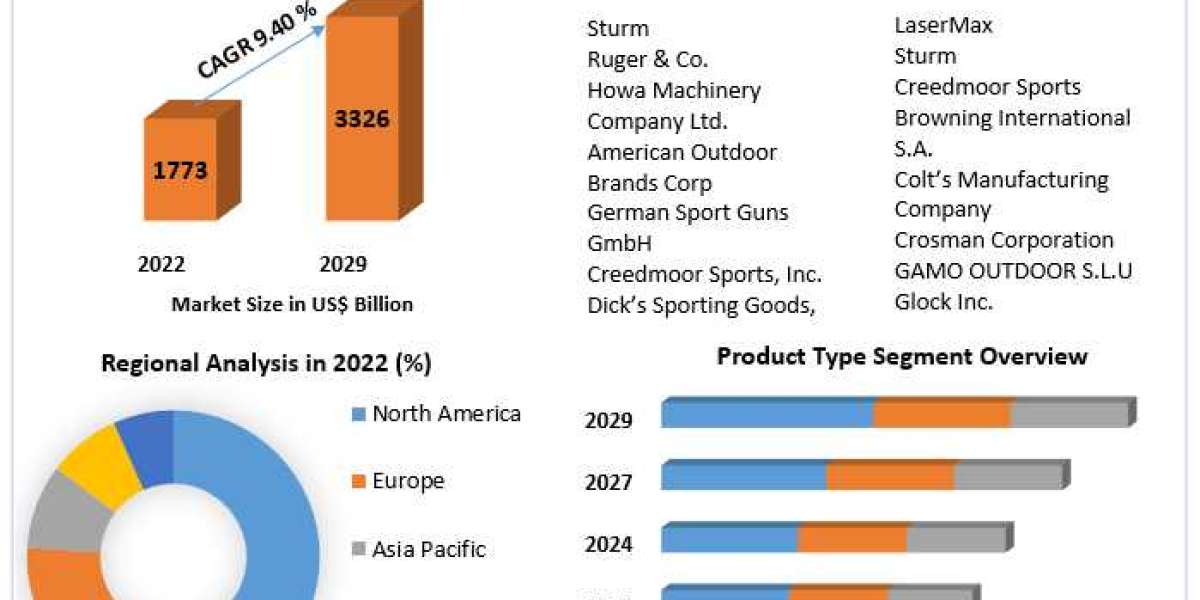The industrial control and factory automation market in Saudi Arabia, valued at USD 2,385.3 million in 2022, is poised for substantial growth, projected to reach USD 3,995.7 million by 2030, with a robust CAGR of 7.65% over the forecast period. This remarkable growth is primarily attributed to the accelerating pace of automation in the country, driven by factors such as the need to reduce dependence on expatriate industrial workers and the expansion of various industries.
To Know More Request a Sample of this Report: https://www.infiniumglobalresearch.com/saudi-arabia/sample-request/29978
Automation Revolutionizes Saudi Industries
Saudi Arabia is experiencing a rapid surge in industrial automation, driven by several compelling factors. The country's limited pool of skilled labor and substantial financial resources have played a pivotal role in promoting industrial automation. In October 2021, the Saudi Ministry of Industry and Mineral Resources unveiled ambitious plans to automate around 4,000 factories. This strategic move is aimed at reducing the nation's reliance on expatriate labor and achieving complete digital automation within five years. The cost associated with hiring expatriate workers has spurred the Saudi government to invest significantly in the Fourth Industrial Revolution. Consequently, the burgeoning trend of industrial automation is expected to fuel the demand for industrial control and factory automation solutions across various sectors in Saudi Arabia.
Industrial Expansion Drives Automation
Another catalyst for industrial automation is the continuous expansion of industries within Saudi Arabia. According to the General Authority of Statistics, the General Industrial Production Index surged to 139 in October 2022, marking an impressive 14% increase compared to October 2021. The country's expanding industrial production has prompted industries to enhance their production capacities. To achieve this, businesses are increasingly turning to automation as a means to boost production capacity while simultaneously managing production costs efficiently.
Vision 2030: Economic Transformation
Saudi Arabia's Vision 2030 program is at the heart of the nation's economic transformation. This ambitious program seeks to diversify and sustain the Saudi economy by enhancing productivity, increasing the private sector's contribution, and empowering the third sector. It is designed to reduce the nation's reliance on oil-centric industries significantly. Vision 2030 comprises 13 programs with 96 objectives, totaling 96 quantifiable targets. As part of this program, the Royal Commission for Jubail and Yanbu (RCJY) has been allocated a budget of SAR 41.5 billion to transform and strengthen industrial cities in Jubail and Yanbu. Key objectives include increasing the number of value-added manufacturing and transformation goods, as well as industrial production, in these cities. Automation is expected to play a pivotal role in achieving these transformative goals.
Challenges and Considerations
While industrial automation presents numerous advantages, it also poses certain challenges. Automation projects can be capital-intensive, requiring substantial investments in industrial control and automation equipment, integration, programming, and maintenance. Custom integration may be necessary in some cases, further increasing costs. Businesses, especially small and medium-sized enterprises, may encounter difficulties in determining the return on investment (ROI), particularly if they operate in small quantities or have irregular production schedules. The rapidly evolving nature of consumer preferences may necessitate frequent reprogramming of robots, adding to operational costs. Over-automation is another challenge that can lead to cost overruns and render some automation projects redundant.
Advancements in Robotic Technology
The field of industrial control and factory automation is undergoing a transformative phase driven by rapid technological advancements, including robotics, artificial intelligence, and machine learning. Robots are playing an increasingly pivotal role in enhancing human capabilities in various industries. The International Federation of Robotics (IFR) reports a more than threefold increase in the number of robots over the past two decades. Furthermore, emerging trends in robotics are set to accelerate the global adoption of robots in the coming years. These developments are expected to significantly boost productivity and support growth across various industries.
Enquire Here Get Customization Check the Discount for the Report @ https://www.infiniumglobalresearch.com/saudi-arabia/customization/29978
Table of Content
Chapter 1. Report Overview
1.1. Report Description
1.2. Research Methods
1.3. Research Approaches
Chapter 2. Executive Summary
Chapter 3. Market Overview
3.1. Introduction
3.2. Market Dynamics
3.2.1. Drivers
3.2.2. Restraints
3.2.3. Opportunities
3.2.4. Challenges
3.3. PEST-Analysis
3.4. Porter's Diamond Model for Saudi Arabia Industrial Control and Factory Automation Market
3.5. IGR-Growth Matrix Analysis
3.6. Competitive Landscape in Saudi Arabia Industrial Control and Factory Automation Market
Chapter 4. Saudi Arabia Industrial Control and Factory Automation Market by Component
4.1. Industrial Robots
4.2. Machine Vision
4.3. Control Valves
4.4. Field Instruments
4.5. Human-Machine Interface
4.6. Sensors
4.7. Industrial 3D Printing
Chapter 5. Saudi Arabia Industrial Control and Factory Automation Market by Solution
5.1. PLC
5.2. SCADA
5.3. MES
5.4. DCS
5.5. PLM
5.6. Functional Safety
Chapter 6. Saudi Arabia Industrial Control and Factory Automation Market by Industry Vertical
6.1. Process Industries
6.1.1. Oil Gas
6.1.2. Power
6.1.3. Food Beverages
6.1.4. Chemicals
6.1.5. Metals Mining
6.1.6. Pulp Paper
6.1.7. Pharmaceuticals
6.1.8. Others
6.2. Discrete Industries
6.2.1. Automotive
6.2.2. Machine Manufacturing
6.2.3. Semiconductor Electronics
6.2.4. Aerospace Defense
6.2.5. Medical Devices
6.2.6. Others
Chapter 7. Company Profiles
7.1 Schneider Electric
7.1.1 Overview
7.1.2 Company Snapshot
7.1.3 Product Portfolio
7.1.4 Recent Developments
7.2 ABB7
7.2.1 Overview
7.2.2 Company Snapshot
7.2.3 Product Portfolio
7.3 Siemens
7.3.1 Overview
7.3.2 Company Snapshot
7.3.3 Product Portfolio
7.4 Yokogawa Electric Corporation
7.4.1 Overview
7.4.2 Company Snapshot
7.4.3 Product Portfolio
7.4.4 Recent Development
7.5 Honeywell International Inc.
7.5.1 Overview
7.5.2 Company Snapshot
7.5.3 Product Portfolio
7.5.4 Recent Development
More Insights on this report, Speak to Our Analyst: https://www.infiniumglobalresearch.com/saudi-arabia/enquiry/29978
Reasons to Buy this Report:
= Comprehensive analysis of regional markets of Saudi Arabia Industrial Control and Factory Automation.
= Complete coverage of all the product types and application segments to analyze the trends, developments, and forecast of market size up to 2030.
= Comprehensive analysis of the companies operating in this market. The company profile includes an analysis of the product portfolio, revenue, SWOT analysis, and the latest developments of the company.
= Infinium Global Research- Growth Matrix presents an analysis of the product segments and geographies that market players should focus on to invest, consolidate, expand, and/or diversify.
Infinium Global Research LLP
17 Magazine posts



